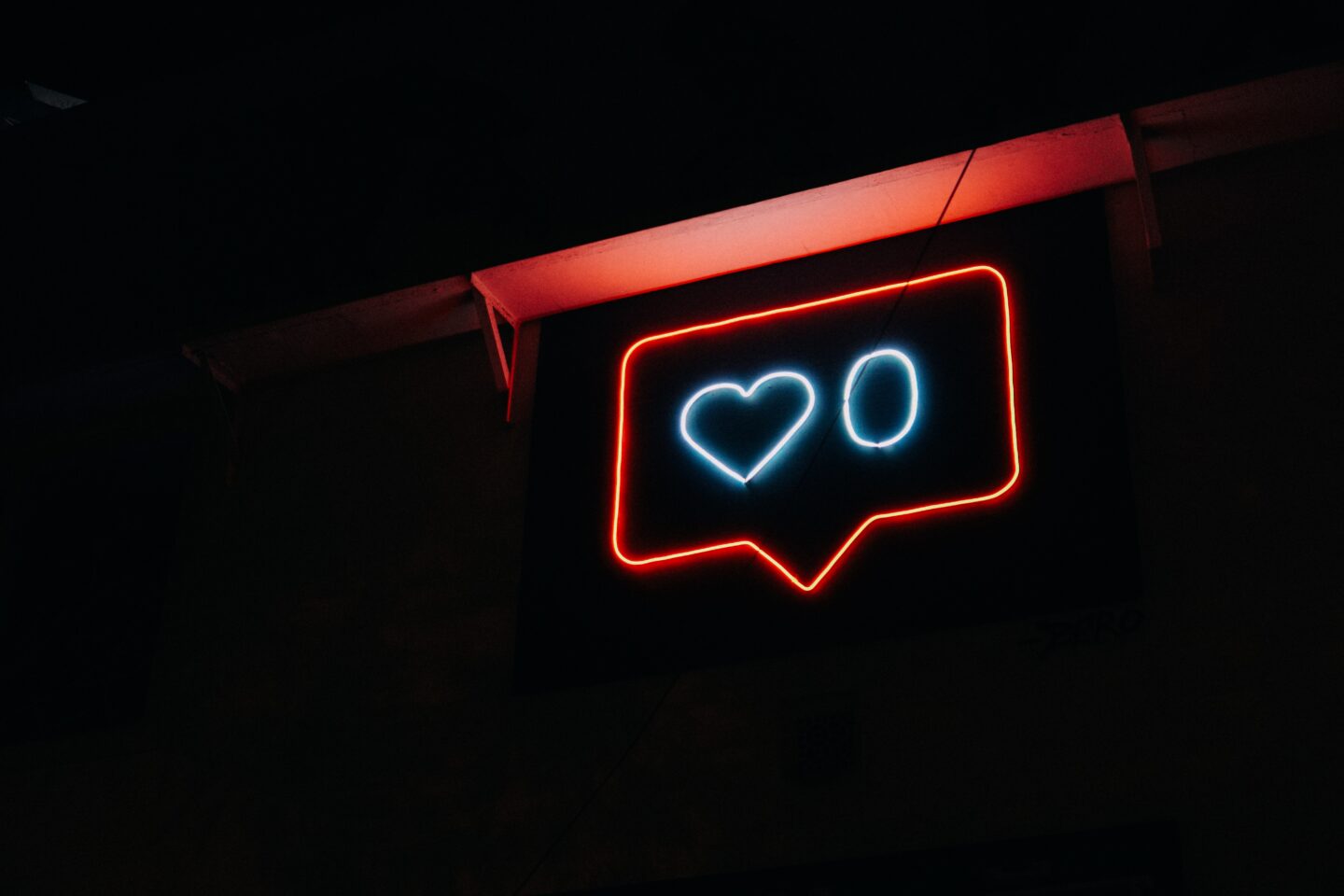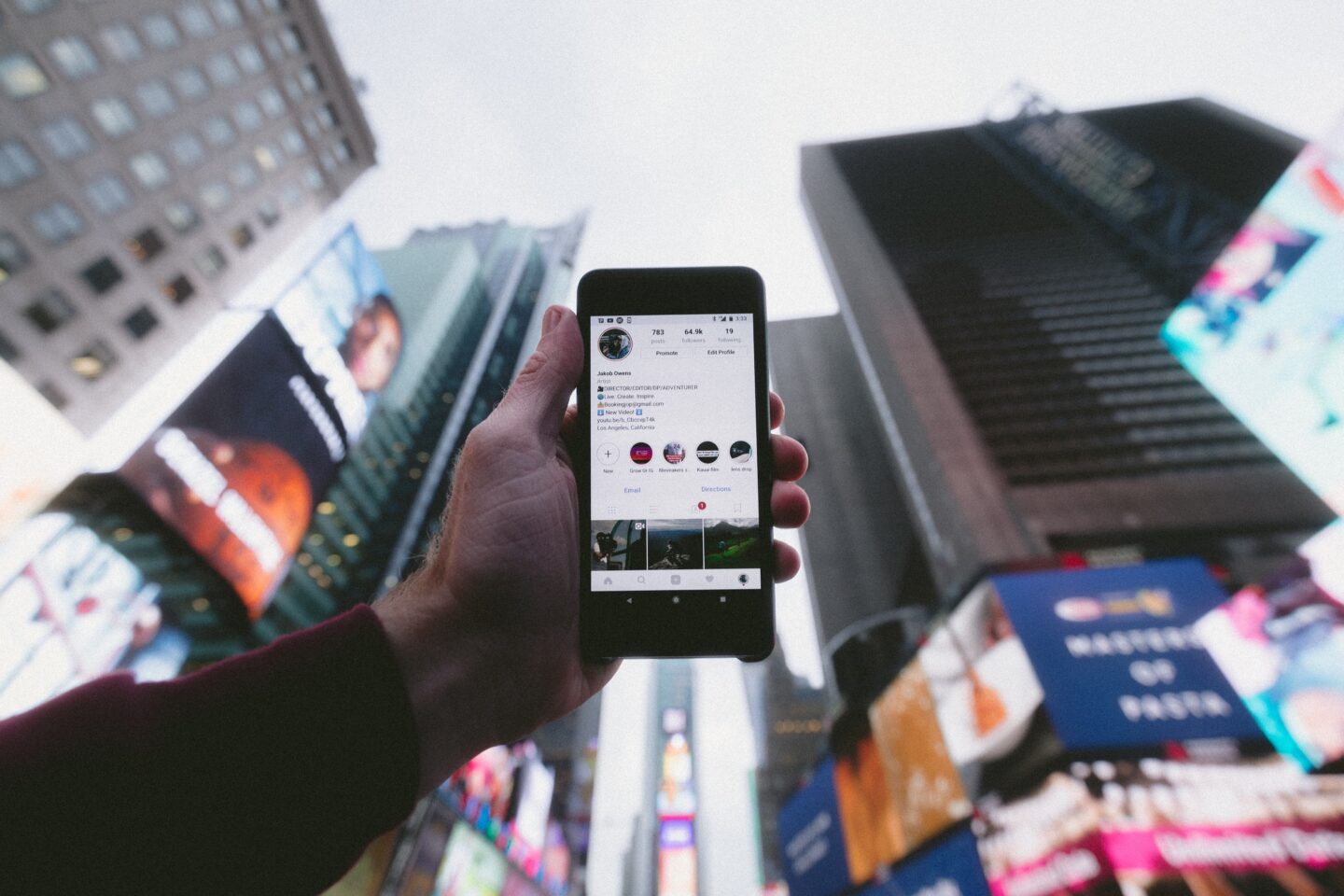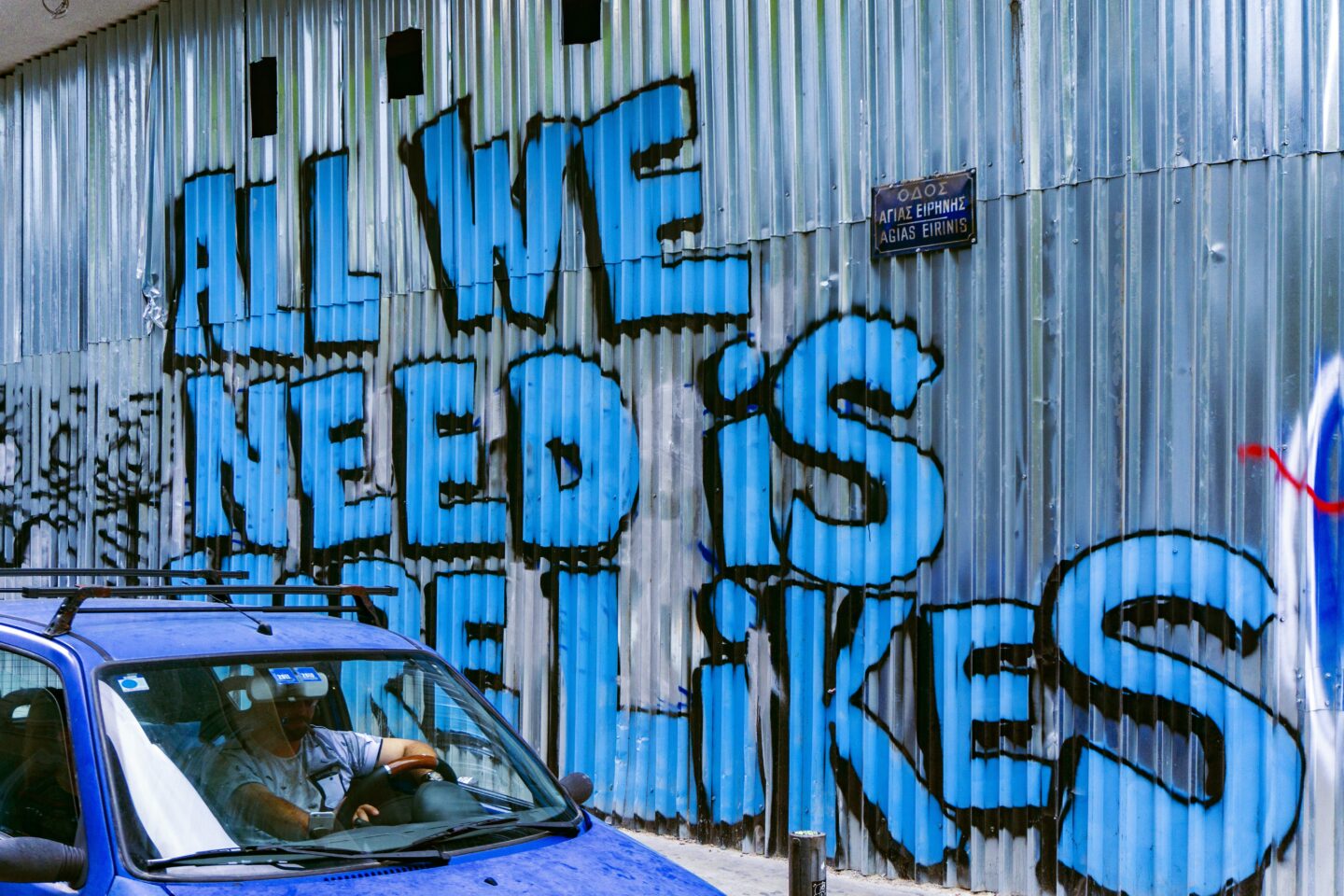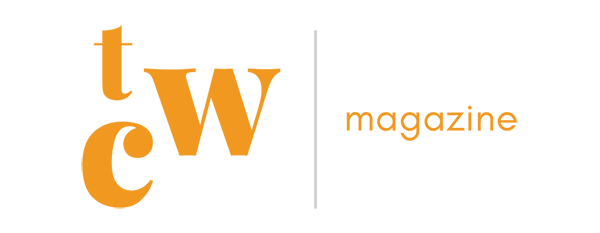
Ever thought about taking a break from social media? Not forever. Maybe a day. Or just a few hours – to see what impact it has on your energy, mood, and self-perception.
The answer’s probably yes. You, like a lot of people, often think about unplugging – but the temptation to carry on tapping and scrolling is too much to resist.
And yet, the negative effects of social media on health are well documented and multiple.
How often do you:
- Struggle to look at – or talk to – real people because you’re used to communicating via a screen?
- Feel like an impostor whose achievements pale in comparison to those of friends and coworkers?
- Find it hard to concentrate – as your mind is used to flitting from app to app every thirty-or-so seconds?
If you answered yes to at least one of these questions, here are three things you can do to get your mental health back on track, renergise, and get your mojo back.
Three ways to switch off from social media

Image by Jakob Owens
- Commit to a Social Media Detox
Apps and websites are designed to keep you engaged – to make you feel like you’ll miss out if you neglect your smartphone for even a single minute. Breaking your addiction to these notifications, loops, and likes is essential if you want to become less dependent on social media apps.
30-day digital cleanse
How about a social media clearout? There are two ways you can do this: (1) delete all apps from your phone; (2) turn off alerts instead. The first option is better. It’s like removing all chocolate from your home before going on a diet. Even if you feel the temptation to cheat, you won’t be able to.
The seven-day refrain
The same applies as with the 30-day cleanse – except you’ll be withdrawing from the online world for a week instead. This option is ideal if you’re worried about the effects of going cold turkey and want to tackle your addiction in stages.
Take periodic breaks
If a week seems like too long, turn your notifications off for a couple of hours a day. Keep this up, and your emotional stamina will improve – allowing you to go for days at a time, not just hours, without checking your phone.
Three benefits of a social media detox:
- Feel less anxious. Instead of comparing yourself to others, you’ll start to form your own views and require less validation.
- Be more productive. Instead of automatically reaching for your phone, you’ll focus more on work – and achieve better results.
- Take up other pursuits. As your social media addiction wanes, you may decide to take up a hobby to fill that time gap.
- Get your information fix a different way
Sites like Facebook and LinkedIn are a one-stop-shop for everything, including current affairs. We could get our daily news hit elsewhere – but instead, we use an app on our phone. And once we’ve satisfied our curiosity, we hang around to check our notifications – and maybe do some shopping.
Here are three ways to stay up-to-date without using social media:

Image by Daria Nepriakhina
- Subscribe to an RSS feed. These take a bit of getting used to – but remove the need to open up your Facebook or Twitter feed. Once you’ve joined an RSS feed, you’ll get news updates delivered directly to your inbox.
- Use a third-party app instead. Apps like Hootsuite let you post content on your favourite social media apps without logging on. Again, this overcomes the once-you’re-in-you-can’t get-out problem.
- Go direct to a dedicated news site. Most popular tabloids and papers can be accessed without an app. So why not use your web browser to access your preferred news site and avoid social media apps entirely.
- Ask for help – don’t go it alone. Unfriending social media for a few weeks, days, or hours will help you break that cycle of dependency. But killing an addiction isn’t easy. Especially if you try to go cold turkey all by yourself.
Why not:
- Tell friends and family how you’re feeling. This will have two effects: (i) you’ll feel mentally lighter, having shared the burden; (ii) those closest to you will understand the problem and be able to offer support.
- Unplug as a family or friend group. Your loved ones probably feel the same way about social media. By tackling the problem as a team, you’ll be able to help each other through the more challenging times.
- Talk to a therapist. There’s no shame in reaching out for help this way – especially if, despite your best efforts, you’re struggling to disconnect from the digital world. You may want to tell your family – so they can help.
Are you ready to disconnect to reconnect? It won’t be easy, but by unplugging you’ll enjoy more human contact and experience better mental wellbeing. You can take big steps or little steps. Just do something.
For more health tips, why not visit my blog or follow The Content Wolf on Instagram.
Giles is a freelance copywriter with 15+ years of experience. Prior to setting up his own copywriting consultancy, he worked in-house as an SEO & marketing copywriter – writing content for email, video, web, and ads.
Main image by Prateek Katyal
